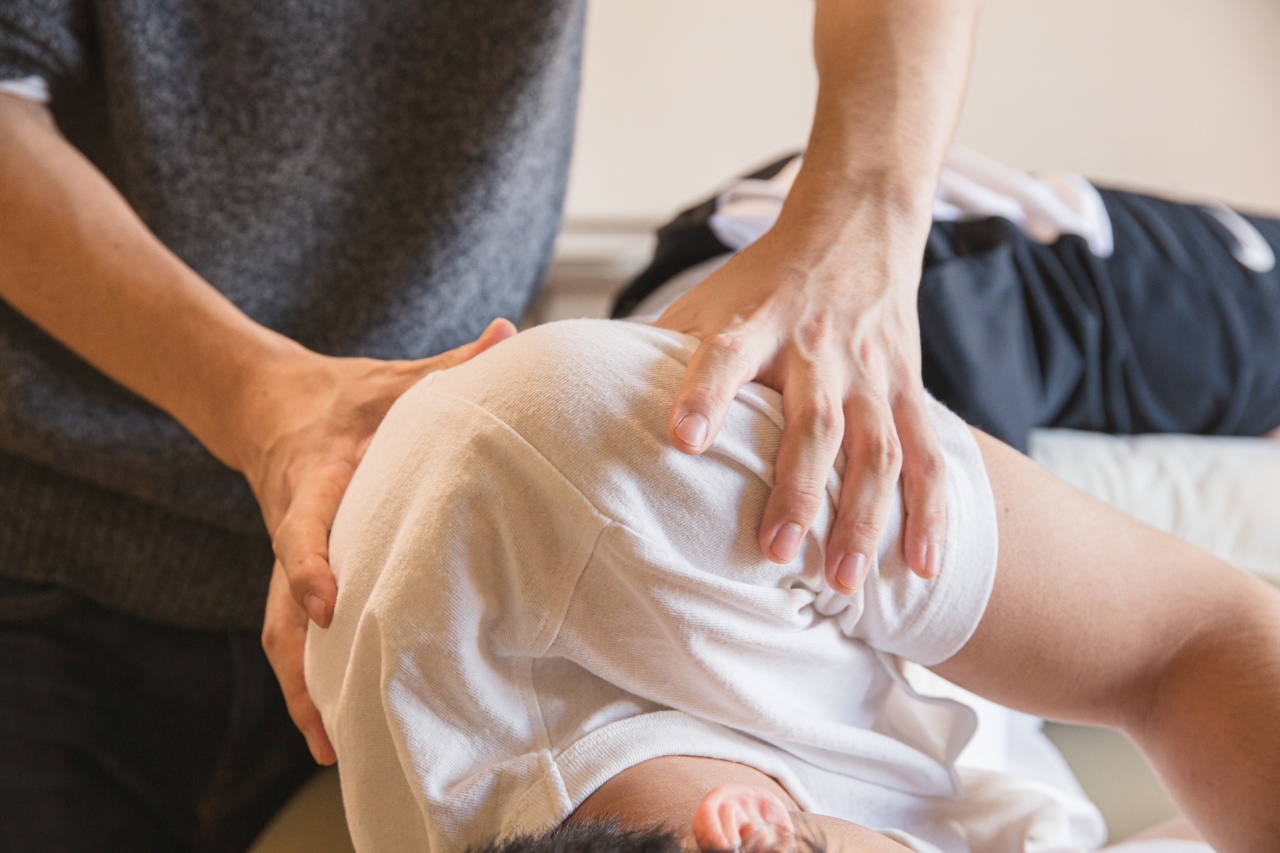Gastritis is a painful condition that occurs when the lining of the stomach becomes inflamed or irritated.
It can be caused by various factors such as bacterial infections, long-term use of nonsteroidal anti-inflammatory drugs (NSAIDs), excessive alcohol consumption, stress, and certain medical conditions.
Symptoms of Gastritis
Gastritis can present with a range of symptoms, including:.
- Abdominal pain or discomfort
- Nausea and vomiting
- Indigestion or heartburn
- Bloating and gas
- Loss of appetite
- Belching
- Black, tarry stools (indicating bleeding in the stomach)
- Fatigue
Diagnosis of Gastritis
If you experience any of the above symptoms, it is important to consult a healthcare professional for an accurate diagnosis. The healthcare provider may perform the following tests:.
- Endoscopy: In this procedure, a long, flexible tube with a camera is inserted through the throat to examine the stomach lining.
- Biopsy: During an endoscopy, small samples of the stomach lining may be taken for further examination.
- Stool or breath test: These tests can help detect the presence of Helicobacter pylori, a bacterium commonly associated with gastritis.
- Blood tests: Blood samples can be analyzed for signs of anemia or infection.
Tips for Quick Recovery from Gastritis
While treatment for gastritis may depend on its underlying cause, here are some general tips that can help speed up the recovery process:.
1. Follow a Gastritis-Friendly Diet
Adjusting your diet to include foods that are gentle on the stomach can help alleviate gastritis symptoms and promote healing. It is recommended to:.
- Avoid spicy, acidic, and fried foods
- Limit or avoid alcohol and caffeine
- Eat small, frequent meals
- Include high-fiber foods like fruits, vegetables, and whole grains
- Choose lean protein sources like fish, poultry, and tofu
2. Stay Hydrated
Drinking enough water is essential to prevent dehydration, which can worsen gastritis symptoms. It is recommended to consume at least eight glasses of water a day. Herbal teas and diluted fruit juices can also be soothing.
3. Manage Stress
Chronic stress can contribute to the development and exacerbation of gastritis. Engaging in stress-reducing activities such as yoga, meditation, deep breathing exercises, or regular physical exercise can help manage stress levels and support healing.
4. Avoid NSAIDs and Other Irritants
Nonsteroidal anti-inflammatory drugs (NSAIDs) like ibuprofen and aspirin can irritate the stomach lining and worsen gastritis symptoms. It is advisable to avoid these medications unless prescribed by a healthcare professional.
Additionally, other irritants such as smoking and spicy foods should also be avoided.
5. Take Medications as Prescribed
If your gastritis is caused by an infection with Helicobacter pylori, your healthcare provider may prescribe antibiotics to eradicate the bacteria. It is crucial to complete the full course of antibiotics to ensure effective treatment.
Acid-suppressing medications may also be prescribed to reduce stomach acid and promote healing.
6. Use Probiotics
Probiotics are beneficial bacteria that can help restore the natural balance of gut flora and promote gastric health.
Consuming foods rich in probiotics, such as yogurt, kefir, sauerkraut, and kimchi, or taking probiotic supplements, can aid in the recovery from gastritis.
7. Get Sufficient Sleep
Getting an adequate amount of sleep is important for overall health and healing. Aim for 7-9 hours of quality sleep each night to support the recovery process.
8. Avoid Alcohol and Smoking
Alcohol and smoking can further irritate the stomach lining, delay healing, and increase the risk of complications. It is essential to abstain from alcohol and quit smoking to promote a speedy recovery.
9. Maintain a Healthy Weight
Excess weight can put additional pressure on the stomach and worsen gastritis symptoms. Maintaining a healthy weight through a balanced diet and regular exercise can aid in the recovery process.
10. Follow-up with Your Healthcare Provider
Regular follow-up appointments with your healthcare provider are crucial to monitor your progress and make any necessary adjustments to your treatment plan.
They can evaluate the effectiveness of the prescribed medications and suggest further strategies for a quick recovery.
Conclusion
Gastritis can be a challenging condition to deal with, but with appropriate lifestyle changes, dietary adjustments, stress management, and consistent medical care, a quick recovery is possible.
It is important to consult with a healthcare professional for an accurate diagnosis and individualized treatment plan. By following these tips, you can support the healing process and improve your overall gastric health.






























